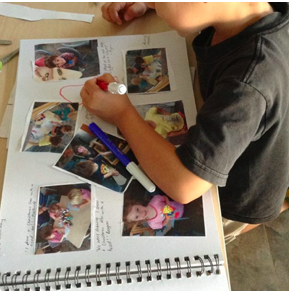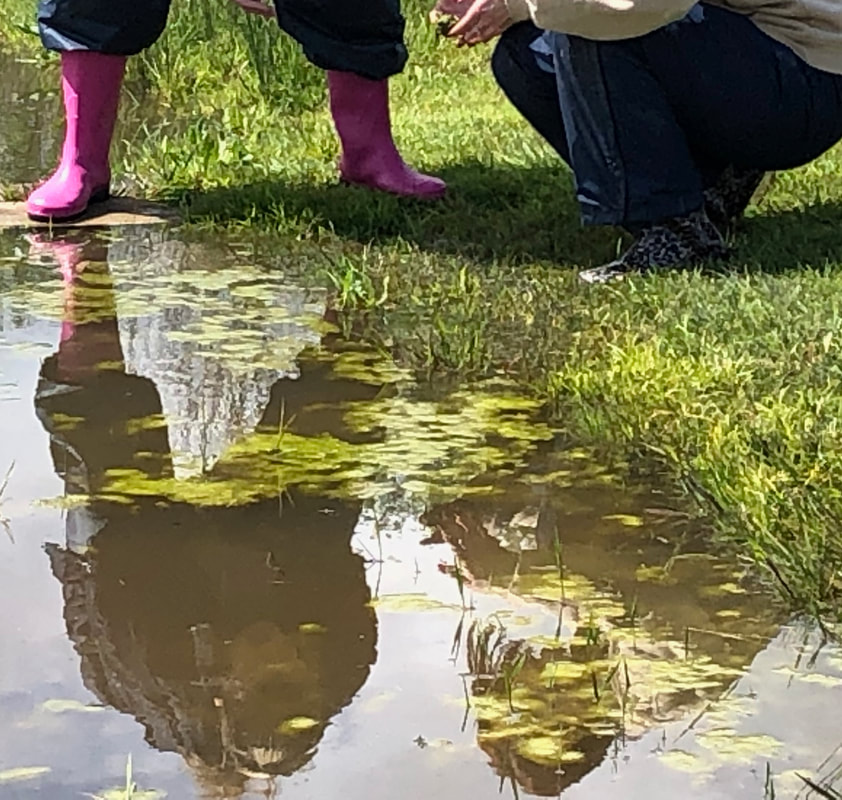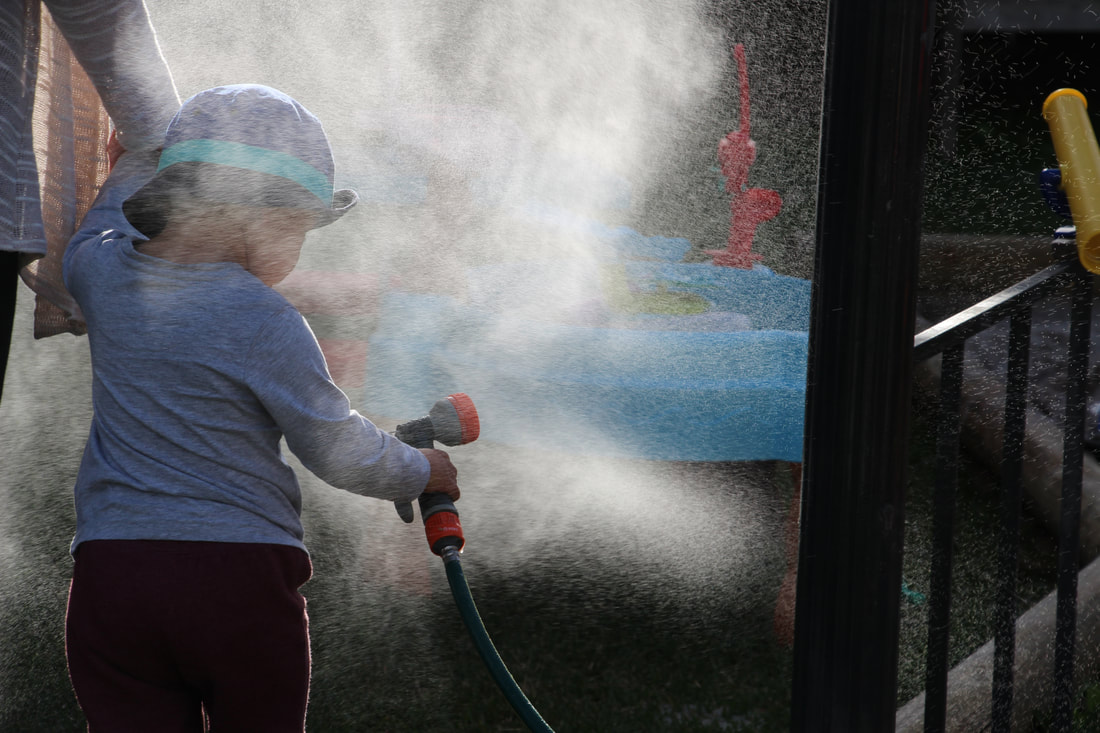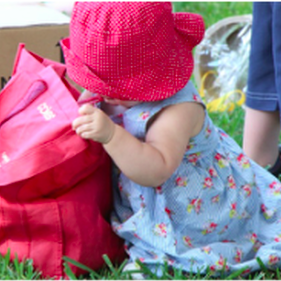Natural Learning
We believe in children as natural learners capable of leading their own learning through their interests.
Young children often enjoy repetition, they are practicing developmental skills until they have mastered them. Very often these repetitions have subtle differences as the child experiments and tries new ways to see what works and what does not work to perfect a range of skills they are working on. As children develop they adapt building on previous knowledge and skills, they never start from scratch.
Young children often enjoy repetition, they are practicing developmental skills until they have mastered them. Very often these repetitions have subtle differences as the child experiments and tries new ways to see what works and what does not work to perfect a range of skills they are working on. As children develop they adapt building on previous knowledge and skills, they never start from scratch.
|
Recommended Reading
|
Meaningful Documentation - Australian Learning Tracks
|
|
Recommended Reading
|
Developing a Culture of Reflective Practice
|
|
Recommended Reading
|
Schematic Play
|
|
Recommended Reading
|
"But Babies don't DO anything!"
|




